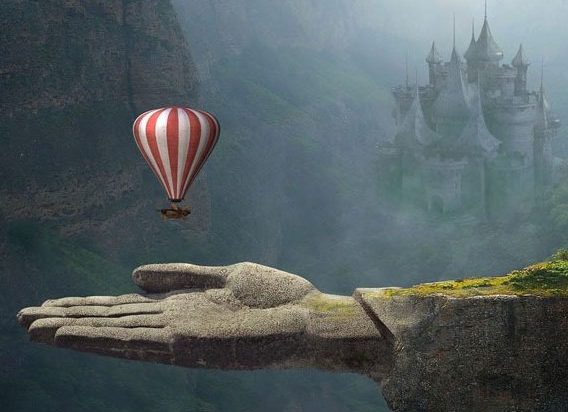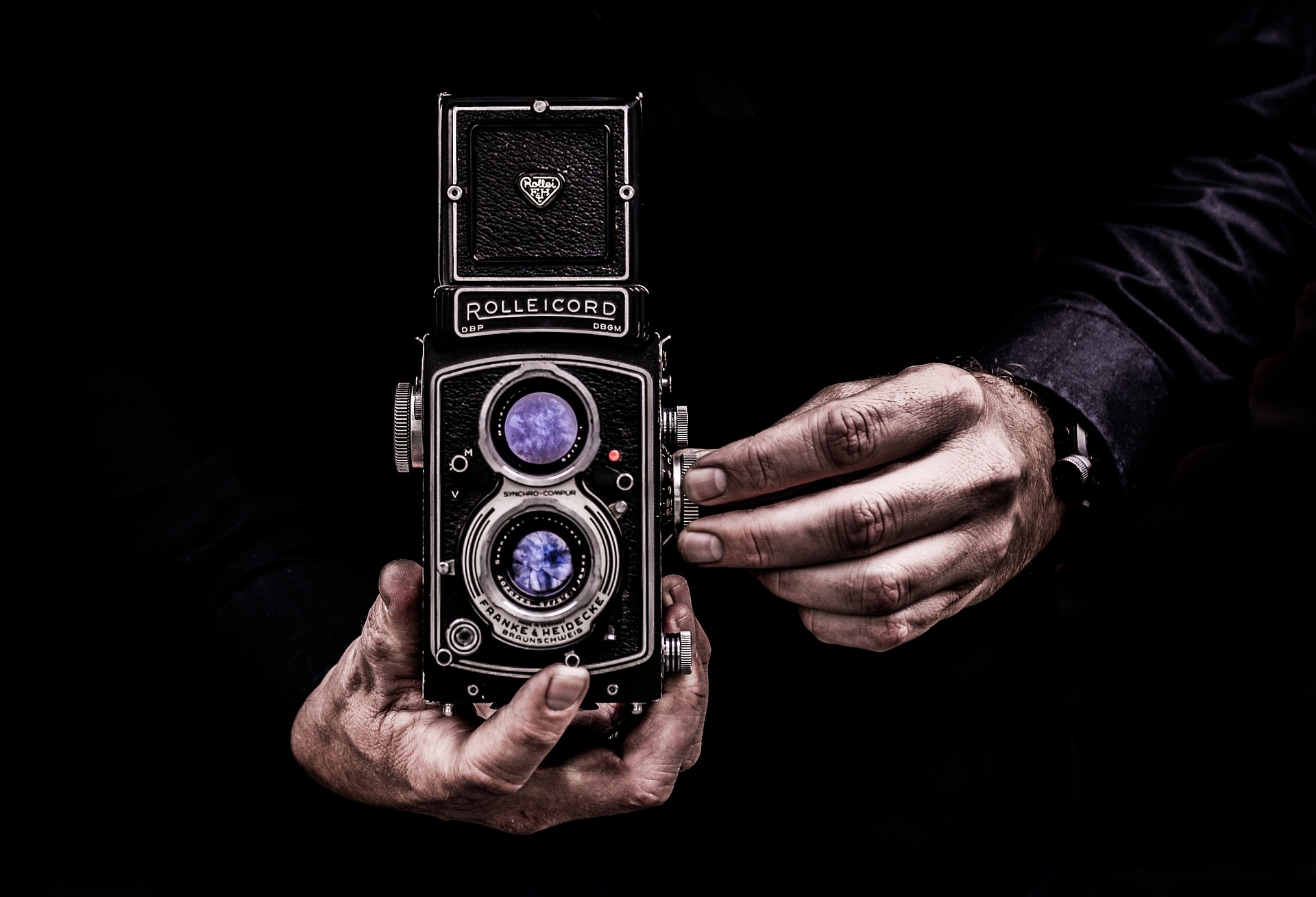Let me say upfront, I’m not really a technophobe. I like technology. I like toys, bells, and whistles. I just don’t have very many. My car is 16 years old. It runs, which is all that matters but lately, I find myself longing for built-in GPS, Bluetooth, and a backup camera. It may have to do with getting older, or general frustration at not having the fun stuff like everyone else, or a bit of both.
I don’t have the latest iPhone, but I have an older one. It was a change from the Android I was used to, but I’ve come to enjoy it, even though I don’t use near enough of the features available to me. I regard it as a tool, not a close friend. I use it to text, get GPS directions, and read my email, with occasional forays into the Internet to check in on Facebook, Twitter, and Instagram, mostly for Gyroscope Review. I’m proud of myself for once going on Amazon and actually buying something through the app. Progress! Phone calls? Only when I have to.
My kids live on their phones and do all social things, shopping, and banking on it. I just did the phone pic check deposit for the first time last week. I loved not driving to the bank after I got over my suspicion that the hefty check would disappear into the mist. So my phone is a useful tool, which makes me happy. I’m just not ready to live my life on it. Okay, maybe I’m 22% technophobe.
Hear Me, Hear Me.
The thing I hate about the phone is its demands. They’ve wormed their way into my subconscious. When I’m out in public and I hear a certain ringtone or notification, I automatically check my phone, only to find out it’s someone else’s phone doing the demanding. I’ve been trained like Pavlov’s dog. As much as I like technology, I don’t want it to be my master. I assigned special ringtones to friends, relatives, and the doctor’s office so I know who’s calling in advance. I have a ringtone for ‘unknown caller’ so I can ignore it. The phone really hasn’t trained me, I’ve done it to myself. That’s the insidious nature of technology. It makes itself appear indispensable.
It’s not. Not for me. Most texts don’t need an instant answer even though it feels like it. Hardly anyone calls, except for the doctor’s office and lawn care guy. We aren’t really traveling because—Pandemic—so GPS isn’t needed. Banking? I like that, that works for me. Shopping? Eh, the screen’s too small to see pics clearly, and I hate scrolling indefinitely to read reviews. The best thing about my pocket computer is the camera, and the only reason I’m thinking of upgrading my iPhone. It costs about the same as getting a new camera, plus I can deposit my checks (am I the only person who still gets checks?) and Instagram pictures of my latest sourdough loaf. Maybe, if I get ambitious, I’ll even use my phone to shop for a new car, one that can get Sirius radio so I can come in to this decade.
Where do you stand with technology? Like, dislike, or kill for a Facebook update?
My previous essay on phones when I first acquired an iPhone is HERE.
More Observational essays HERE.
Essays on Reading HERE.




